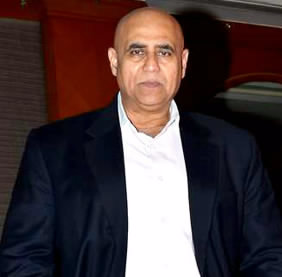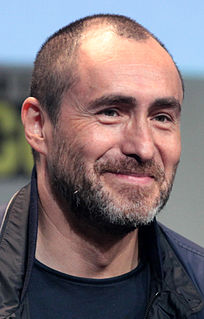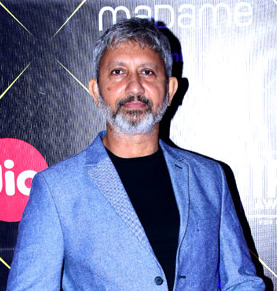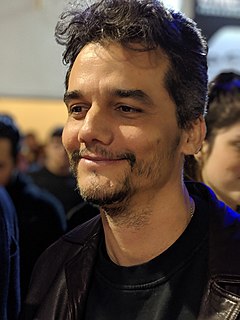A Quote by Puneet Issar
I like to believe I play tragic heroes - characters that are torn between the good and bad, the black and the white.
Quote Topics
Related Quotes
Back when we was in school in Mississippi, we had Little Black Sambo. That's what you learned: Anytime something was not good, or anytime something was bad in some kinda way, it had to be called black. Like, you had Black Monday, Black Friday, black sheep... Of course, everything else, all the good stuff, is white. White Christmas and such.
The whites have always had the say in America. White people made Jesus white, angels white, the Last Supper white. If I threaten you, I'm blackmailing you. A black cat is bad luck. If you're put out of a club, you're blackballed. Angel's-food cake is white; devil's-food cake is black. Good guys in cowboy movies wear white hats. The bad guys always wore black hats.
Just like in the art museum, and notions of beauty and pleasure, if the hero is always a white guy with a squared jaw or pretty woman with big breasts, then kids start thinking that's how it's supposed to be. Part of the problem was that black comic book artists were making super heroes with the same pattern as the white super heroes. When you read a lot of those comics, the black super heroes don't seem to have anything to do.
I believe I live in a black and white. I think things are like either black or white. I don't really believe that much in the gray. I think that there's gray for a lot of people, but I don't live in the gray. I realize whatever action I have or take, it's going to have a consequence -- either good or bad. So I live my life in a way where I don't have bad consequences. I just notice there's a lot people around me just live in the gray. I don't know, for me, I'm just really straightforward.



































